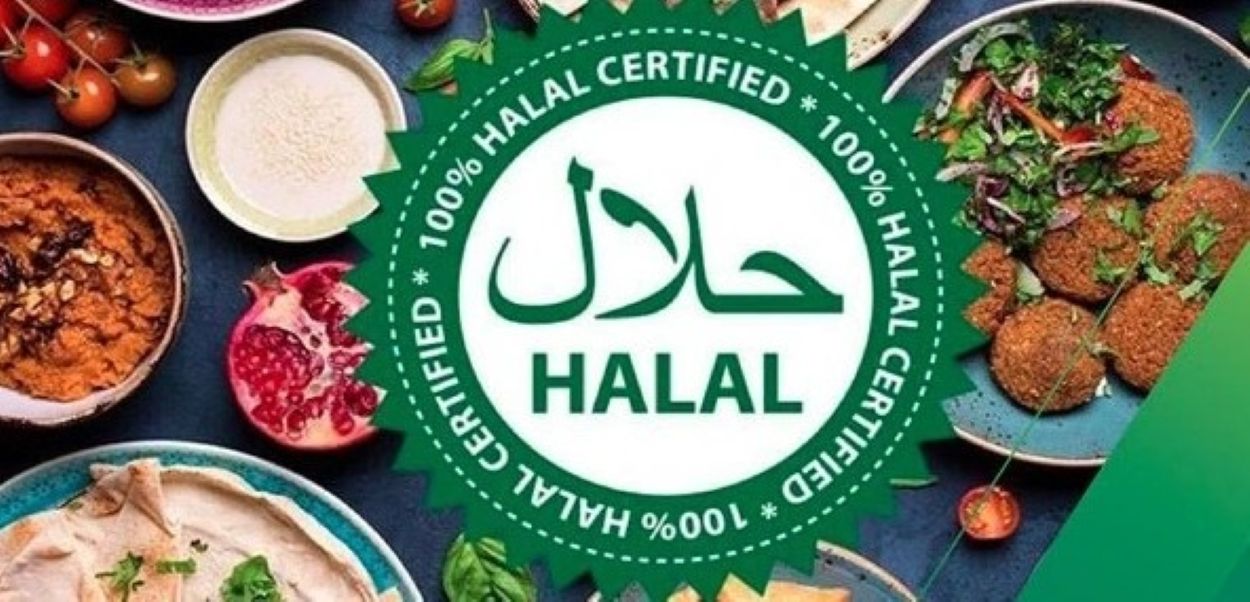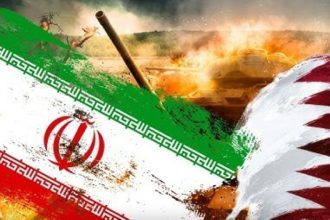The global halal economy is now valued at over $2.4 trillion annually. This expanding market was the central focus of the London Halal Forum 2025, held at Excel London.
The event brought together businesses, investors, and policymakers from dozens of Islamic nations. Its goal was to facilitate trade and spur economic growth across this massive sector. The forum emphasised cross-border cooperation and responsible growth. It featured the announcement of two major strategic partnerships.
The first is an agreement between the Islamic Chamber of Commerce and Development (ICCD) and its Kenyan counterpart. This deal aims to strengthen halal certification and market access across East Africa.
Global halal economy now worth over $2.4 trillion annually https://t.co/y5Cr1PhPZ8
— Murtaza Ali Shah (@MurtazaViews) November 23, 2025A second cooperation agreement will focus on data-driven investment strategies. This partnership seeks to boost innovation across all halal sectors.
Delegates participated in the “Halal for Business Excellence” conference. This event explored the commercial and cultural dimensions of halal markets. Panel discussions covered a wide range of critical topics. These included Saudi Arabia’s strategic role and the rise of women’s leadership in the industry.
ضمن أعمال منتدى لندن للحلال 2025،
تواصل #شركة_تطوير_منتجات_الحلال حضورها الفعال في اليوم الأول،
مؤكدةً دور المملكة في تطوير اقتصاد الحلال وتعزيز التعاون الدولي.
At the London Halal Forum 2025,#HPDC continued its strong participation on Day One, reaffirming the Kingdom’s… pic.twitter.com/T9UyAHqt1D
— Halal Products Development Company (@hpdc_sa) November 21, 2025The forum also highlighted “Halal-preneurship” and the importance of authentic storytelling. These sessions aimed to shape public understanding of the diverse halal ecosystem. Yousef H Khalawi, Secretary General of the ICCD, stressed the sector’s foundational values. He called for growth that remains “rooted in integrity and accountability.”
The forum made it clear that halal extends far beyond food. Commentator George Fulton noted it encompasses finance, fashion, travel, and technology.
This broader definition frames the halal economy as a framework for transparent and inclusive growth. It offers benefits for a global audience, not just Muslim consumers.






